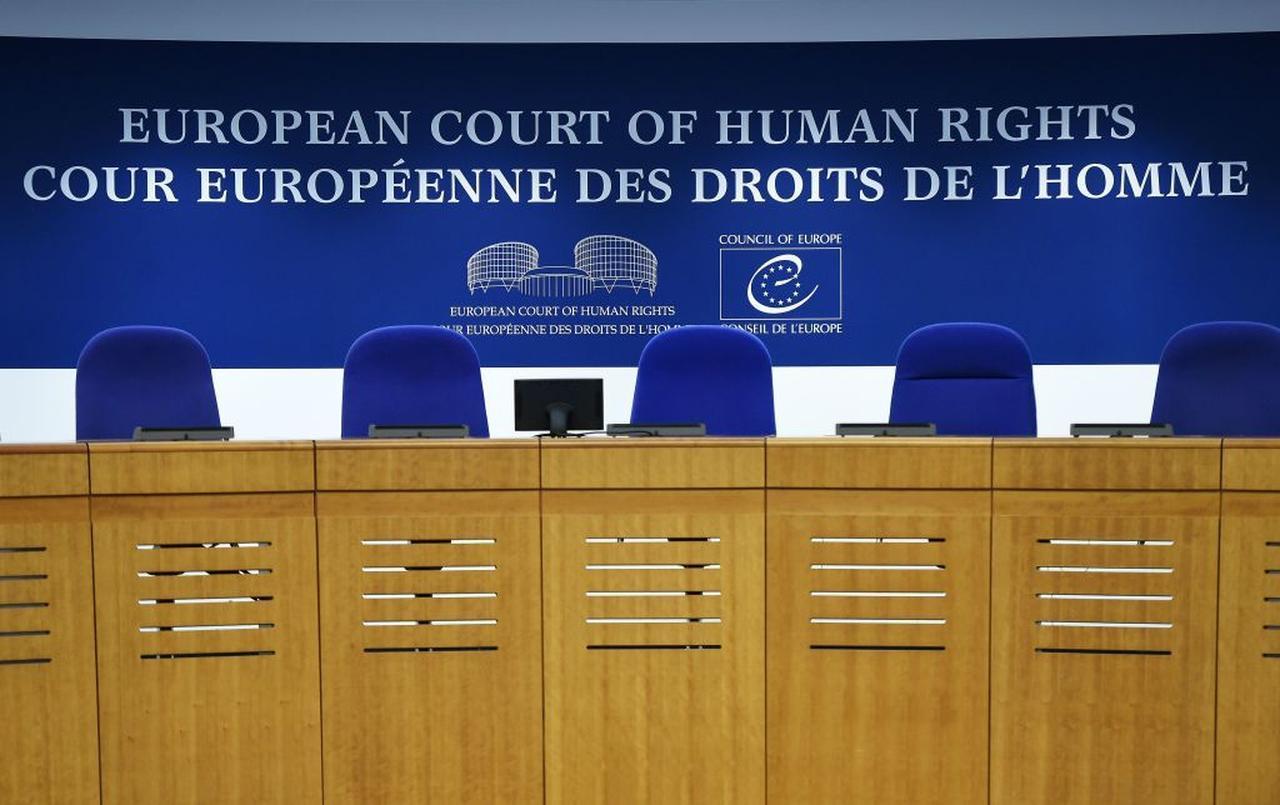
The European Court of Human Rights ruled that Greece violated the European Convention on Human Rights by refusing to register a Turkish women's cultural association in the northern Greek region of Xanthi.
The Strasbourg-based court announced its decision regarding Greece's rejection of the registration application for the Xanthi Province Turkish Women's Cultural Association. In a unanimous ruling, the court determined that Greek authorities' refusal to register the association violated Article 11 of the European Convention on Human Rights, which guarantees freedom of assembly and association.
The court found that Greek authorities based their rejection on "the need to distinguish between the recognized Muslim minority and the unrecognized Turkish minority" in the country. The European Court of Human Rights ruled this reasoning did not constitute a threat to public order and did not represent a "pressing social need."
The ruling addresses a longstanding issue in Greek-Turkish relations concerning minority rights in Greece's Western Thrace region, where a significant Turkish-speaking Muslim population resides. Greek law officially recognizes only a "Muslim minority" in the region, rather than acknowledging ethnic Turkish identity.
The court also stated that if the association requests it, Greek judicial authorities should appropriately reopen the case for reconsideration.
As part of its judgment, the European Court of Human Rights ordered Greece to pay each of the seven applicants 3,000 euros in moral damages, plus approximately 4,600 euros in court costs as a one-time payment.
The decision underscores ongoing tensions over minority rights recognition in the region and marks another instance where European judicial oversight has found Greece's policies regarding its Turkish-speaking minority to be in violation of European human rights standards.